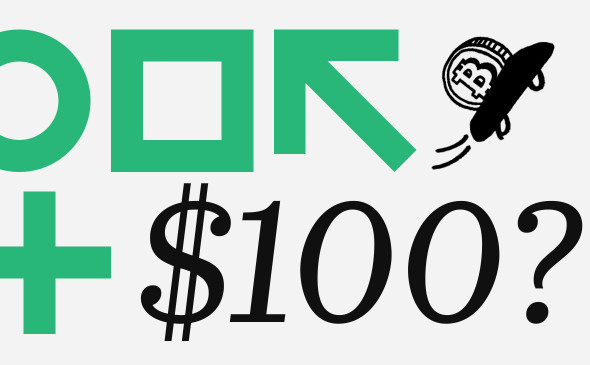The fall of Snapchat: "The Internet War is over and Facebook is the great winner"
Another precipitous fall.
The actions of Snap Inc. fell by 17% this month, and it became clear that the myth of the emerging and warlike enterprise that unseating the pedestal to the technological giant was only that ... a myth.
Of course Snap, the company behind Snapchat, still impresses. In just five years he achieved an audience of 173 million of users, mostly young people, communicating in innovative and fun ways.
But Snap's future as an independent company seems uncertain and is speculated that it will be "swallowed" by Google or another internet giant.
Snapchat faces a very difficult battle. The extraordinary resources that Facebook has already enabled him to acquire Instagram and WhatsApp, and if you can not buy a competitor, simply copy it.
There is a growing feeling in the industry that the great winners of the last decade, Google, Amazon, Facebook and Apple, or "gafa" as it is known to the four companies by its acronyms, will dominate the world of Internet without opposition whatsoever.
Undisputed winner
In the past some analysts warned that Facebook, which is only 13 years old, could be under threat. And this is a vision that the company itself has encouraged whenever it speaks of limiting its powers.
The argument was that like Bebo, MySpace and friends gathered, also Facebook could end up being obsolete if users opted for new platforms.
But the truth is, the war on social networks is over. And Facebook is the undisputed winner.
Some minor players in the sector like LinkedIn, Twitter and yes, also Snapchat, will have in the future significant audiences but battle to make money.
But, apart from China, the social network whose value is estimated at about US $500,000 billion will remain the primary way of communicating in the future.
Tetrarchy
And the other members of the tetrarchy of "gafa" also seem safe in their domination.
Google won the Battle of search engines in desktop computers a long time ago and is an equally formidable force on mobile devices.
As for Amazon, he is the undisputed champion in online shopping and logistics and is a leader in cloud computing.
And while Apple has a relatively small share of the smart cell market, it has left most of the profits in this sector for the past 7 years.
Trends in technology indicate that these four giants will reach even more immeasurable levels of wealth.
Advertising is increasingly targeted at the cell phone market, and Google and Facebook already get most of the gains from mobile ads.
Artificial Intelligence, Key technology
But it is another sector in which technology giants further strengthen their leadership: artificial intelligence.
I was recently told that a skilled artificial intelligence worker graduated from one of America's top universities can aspire to an annual salary close to US $500,000 in his first job.
And it's not the start-ups, the startups, the ones that pay those salaries, but Facebook and Amazon.
Of course there are many brilliant investigators in artificial intelligence in the UK, but most of them work for American companies.
Two startups of Artificial Intelligence, DeepMind and Swiftkey were purchased by Google and Microsoft respectively.
Lack of competition
Should we be concerned about the growing dominance of the four giants?
It is not surprising that the companies in question insist that a new company can emerge that puts them in check.
So far, the agencies in charge of controlling monopolies in the United States have not been too involved. They tend to worry more about whether consumers pay excessive prices for lack of competition.
But because the giants of social networking and search services offer excellent services at no cost, US regulators do not seem to fret.
Concern in Europe
In Europe, however, competition-regulating agencies are more sceptical and question that almost monopolistic companies benefit consumers in the long term.
That is why the European Union (EU) made decisions against Microsoft and Google, when these companies have not had similar problems in the United States.
EU regulatory agencies insist that all their actions are based on the law and not on political grounds.
But there is no doubt that some European politicians see with concern that a few companies based on the west coast of the United States have so much power over our lives.
For now, however, despite politicians ' concern about false news and extremist content on Facebook, the company has hardly been touched.
2 billion users
Last year we saw that Facebook played a key role in America's presidential election.
The social network audience has already reached $2 billion and has just announced a new video platform to compete with Youtube and Netflix.
"Much of the technology leaders ' bottom-up philosophy is to decentralise power," said the weekend in an interview to the New York Times Steve Hilton, former British government strategist and now Silicon Valley guru.
Mark Zuckerberg may well tell us that Facebook--where Hilton's wife is an executive--is fundamentally a way to restore power to communities.
But more and more it seems that the richness, influence and control of key technology of our time, artificial intelligence, is centralized in a few directions in Menlo Park, Mountain View, Cupertino and Seattle.








Comments
Post a Comment